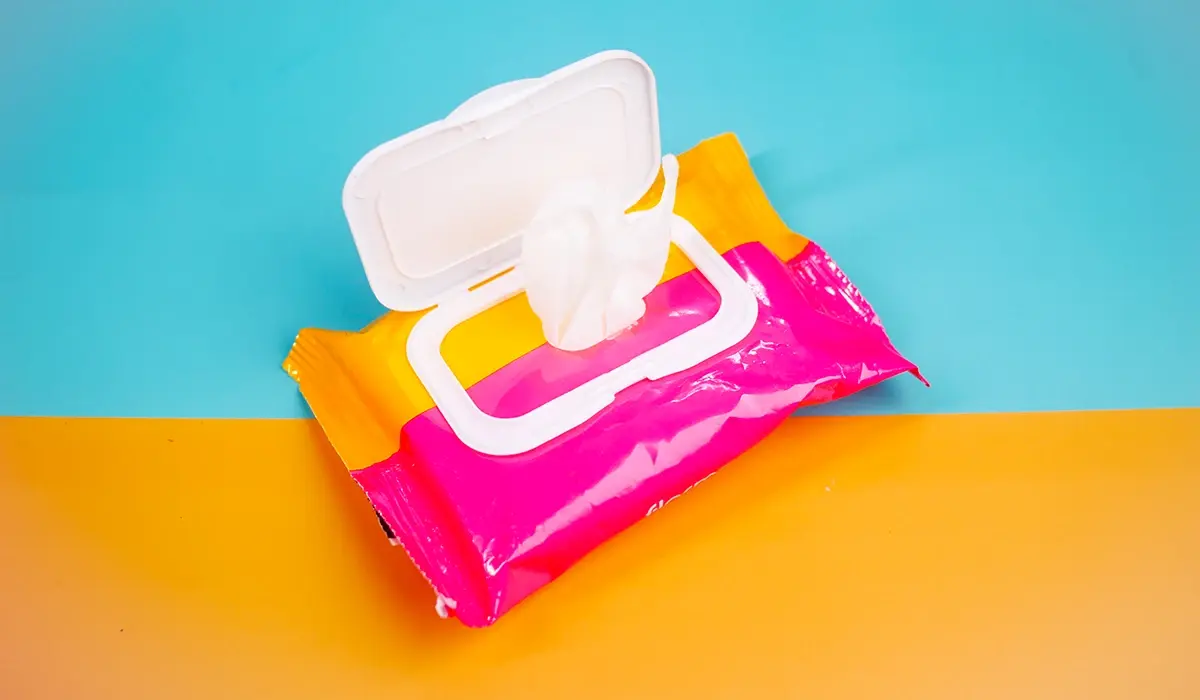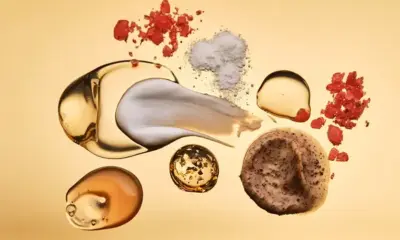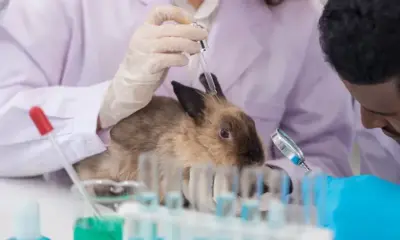Policy & Regulation
The UK government’s upcoming ban on plastic-based wet wipes is sparking discussions among industry professionals and consumers.
The UK Government will implement new pioneering legislation to prohibit wet wipes that contain plastic.

The UK government is set to ban the supply and sale of wet wipes that contain plastic. Over time, these wet wipes degrade into microplastics, which pose risks to human health and disrupt ecosystems. The government references a survey indicating an average of 20 wet wipes were found for every 100 meters of beaches surveyed in the UK from 2015 to 2020.
This new legislation will be implemented across all four nations and is expected to be finalized by the end of 2024, with the ban coming into effect 18 months later in mid-2026. The UK government’s upcoming ban on plastic-based wet wipes is intended to reduce both plastic and microplastic pollution, as well as the volume of microplastics entering wastewater treatment facilities when these items are improperly flushed.
Wet wipes encompass various products, including baby wipes and those used for makeup removal, exfoliation, and cleansing. According to Lubrizol Life Science, the global market for baby care products is projected to reach $25.4 billion by 2028.
Industry Response
In response to growing sustainability demands, companies in the personal care sector have been pledging to eliminate plastic from their wipes in recent years. For instance, Boots removed all wet wipes containing plastic from its stores and online platforms last year as part of its sustainability commitment, working with suppliers and customers to reduce plastic use.
Steve Ager, Boots’ chief customer and commercial officer, expressed support for the government’s actions, stating, “We are pleased to see the government now taking action, as a ban on all wet wipes containing plastic will have a much bigger impact than retailers taking action alone. We all have a collective responsibility to protect the environment and support a healthy planet.”
Conversely, Kimberly-Clark has voiced concerns that the government’s deadline “significantly limits” its ability to adapt and eliminate plastic from its wet wipes. A spokesperson explained, “Most of our baby wipes use a proprietary technology with 70% natural fibers and 30% plastic added to provide the necessary strength to clean and care for babies’ skin properly.”
They further noted that meeting the UK government’s mid-2026 deadline is unrealistic due to the challenges in adapting their manufacturing processes in Flint, US, potentially jeopardizing operations at that site. While phasing out plastics has been part of their sustainability agenda, Kimberly-Clark indicated that if the closure proceeds, operations would continue until 2025, but the future beyond that remains uncertain, and layoffs may occur as this “complex situation” is a “top priority.”
Public Response
A public consultation held in October 2023 showed overwhelming support for the proposed ban, with 95% of respondents agreeing or strongly agreeing. Mumsnet, a London-based forum for parents, had a positive reaction to the ban, with some users recommending washable and reusable wipes as more eco-friendly and budget-conscious options.
Some critics argue that the ban doesn’t go far enough, noting that biodegradable and flushable wipes still take around 12 weeks to break down, contributing to blockages. Mumsnet users also pointed out that plastic-free single-use wipes often cost more than those containing plastic, making them less affordable for many families, especially amid a cost-of-living crisis.
History of Pollution
Wet wipes that are flushed down toilets cause 93% of sewer blockages, contributing to the formation of so-called fatbergs and costing around £100 million (approximately $127.94 million) annually to clear, according to Water UK.
Previously, the California Association of Sanitation Agencies, the Responsible Flushing Alliance, and the Association of the Nonwoven Fabrics Industry collaborated on a sewage collection study to identify items clogging sewer lines and equipment. The findings revealed that most wipes flushed were marked with the “Do Not Flush” symbol.
The study showed that 94% of items collected were paper, with 34% labeled “Do Not Flush,” while less than 1% were deemed flushable wipes. Baby wipes and other non-flushable items were often found fully intact.
In 2022, wet wipes were discovered in the Thames, the UK’s second longest river, creating a significant amount of plastic waste that altered the river’s course.
In addition to the environmental concerns associated with plastic-containing wipes, some also pose health risks. Earlier this year, the EcoWaste Coalition cautioned against the sale of imported baby wipes containing preservatives banned by the Philippine FDA due to health hazards. The toxic watchdog group tested five unapproved baby wipe products, finding them to contain harmful substances like isobutylparaben, methylchloroisothiazolinone, and methylisothiazolinone.





















